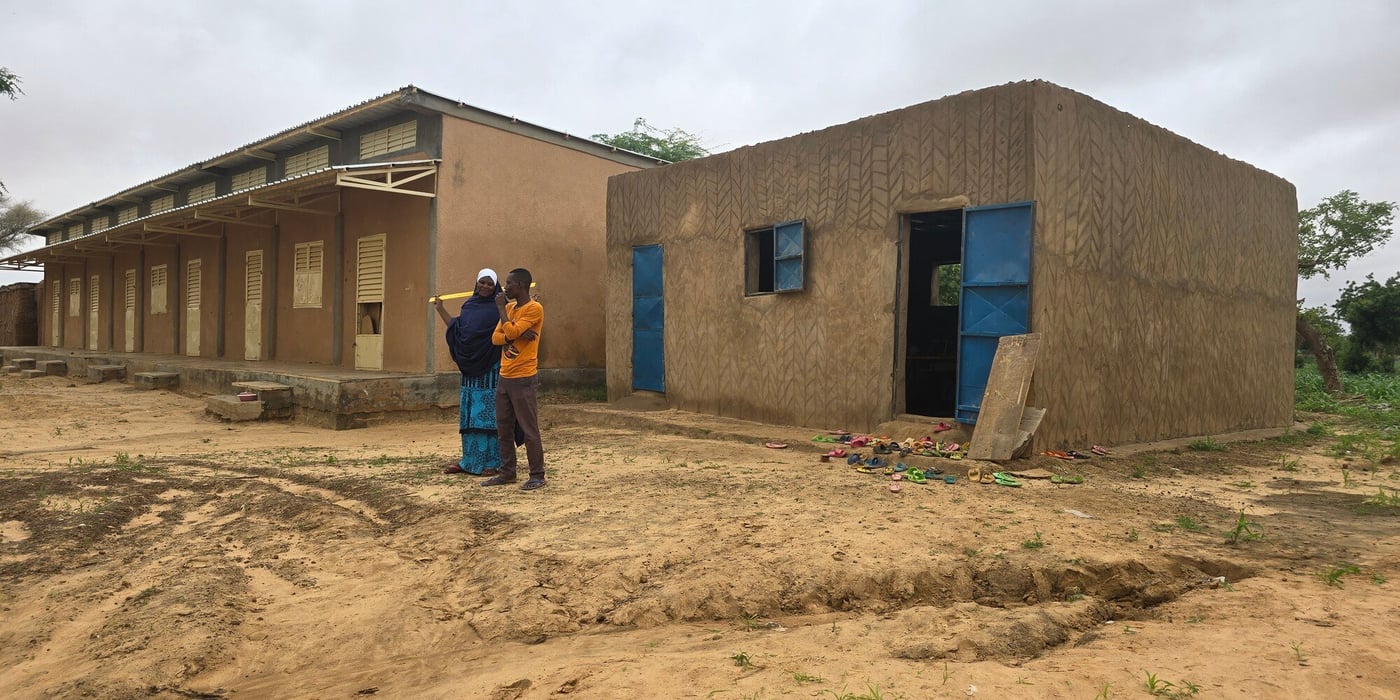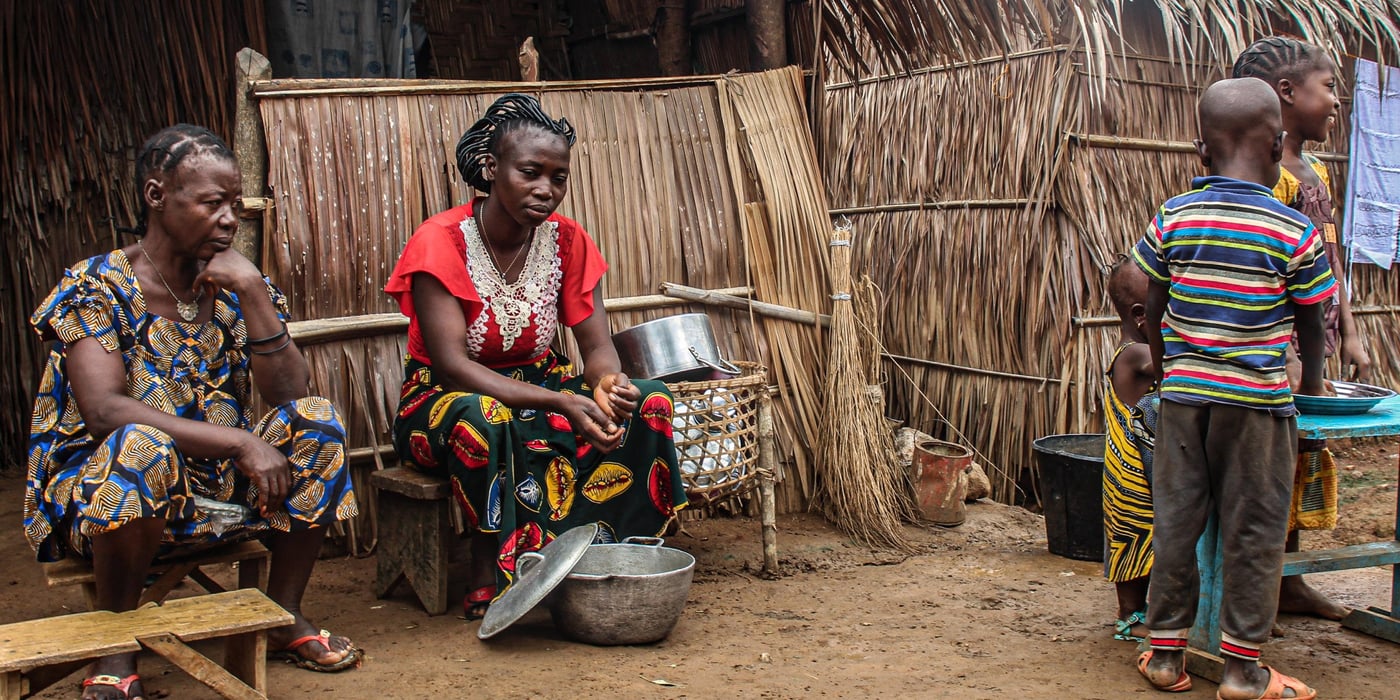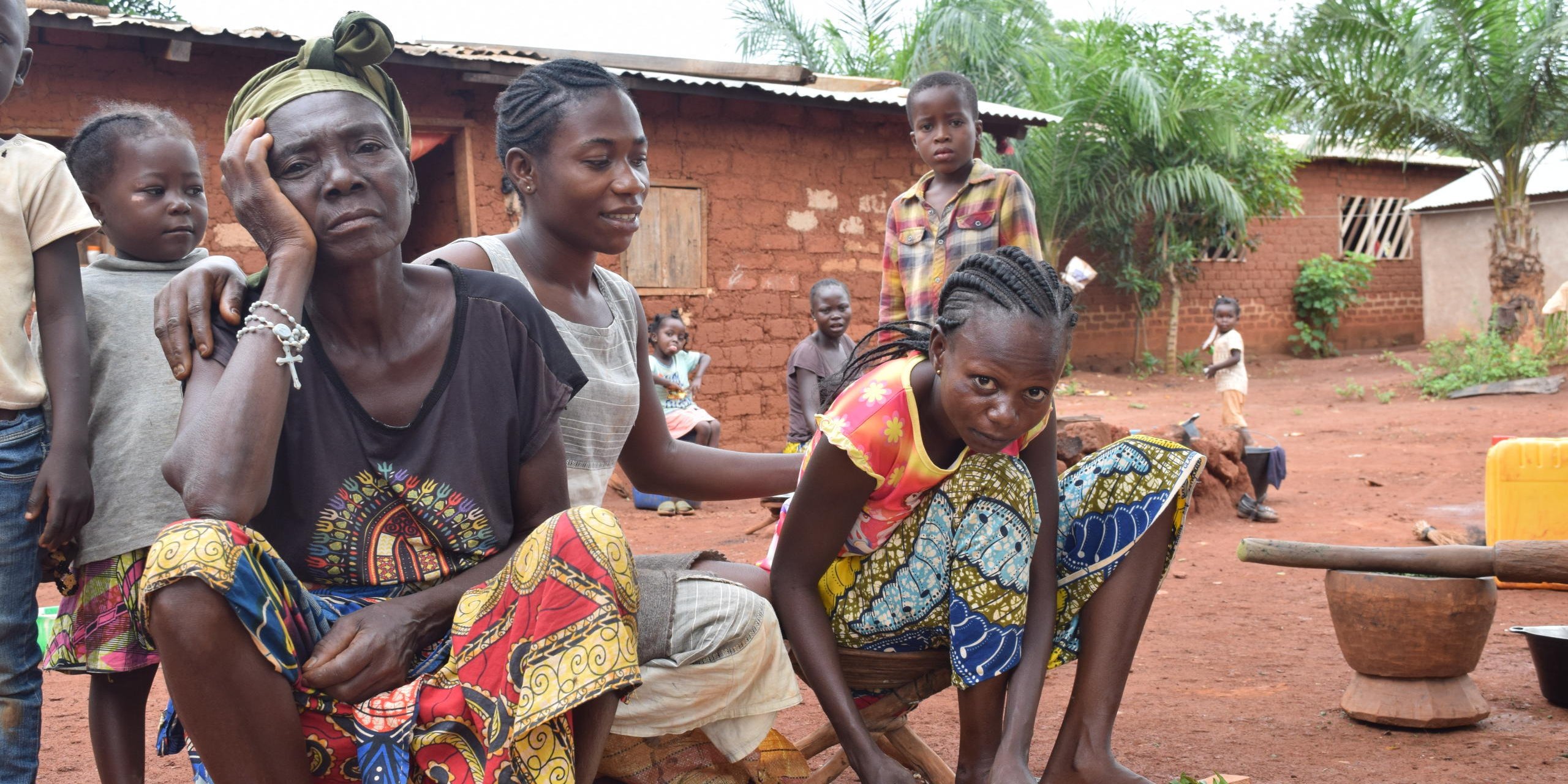
In CAR, armed groups are competing for the control over power and resources. “It’s a really rich country, but unfortunately the population is very poor,” explains Batonon.
Intense violence and insecurity is part of everyday life of many Central Africans. Nearly 70 per cent of the country’s territory is controlled by armed groups. They are fighting to expand their control to new areas. Meanwhile, displacement is on the rise. Over 230,000 people were forced to flee their homes in CAR in the first half of 2018. There has also been an alarming increase in attacks on humanitarian workers. Insecurity is making it more difficult to access the many people in need.
Old friends become enemies
Romain Koundada, his wife and four children have fled several times. A couple of years ago, an armed group came to Bazanga, a district where they lived in the capital, Bangui. They burned down houses and brutally killed people. Romain even recognised some of the armed people’s faces: “When we were kids, we used to play together. We grew up together!”
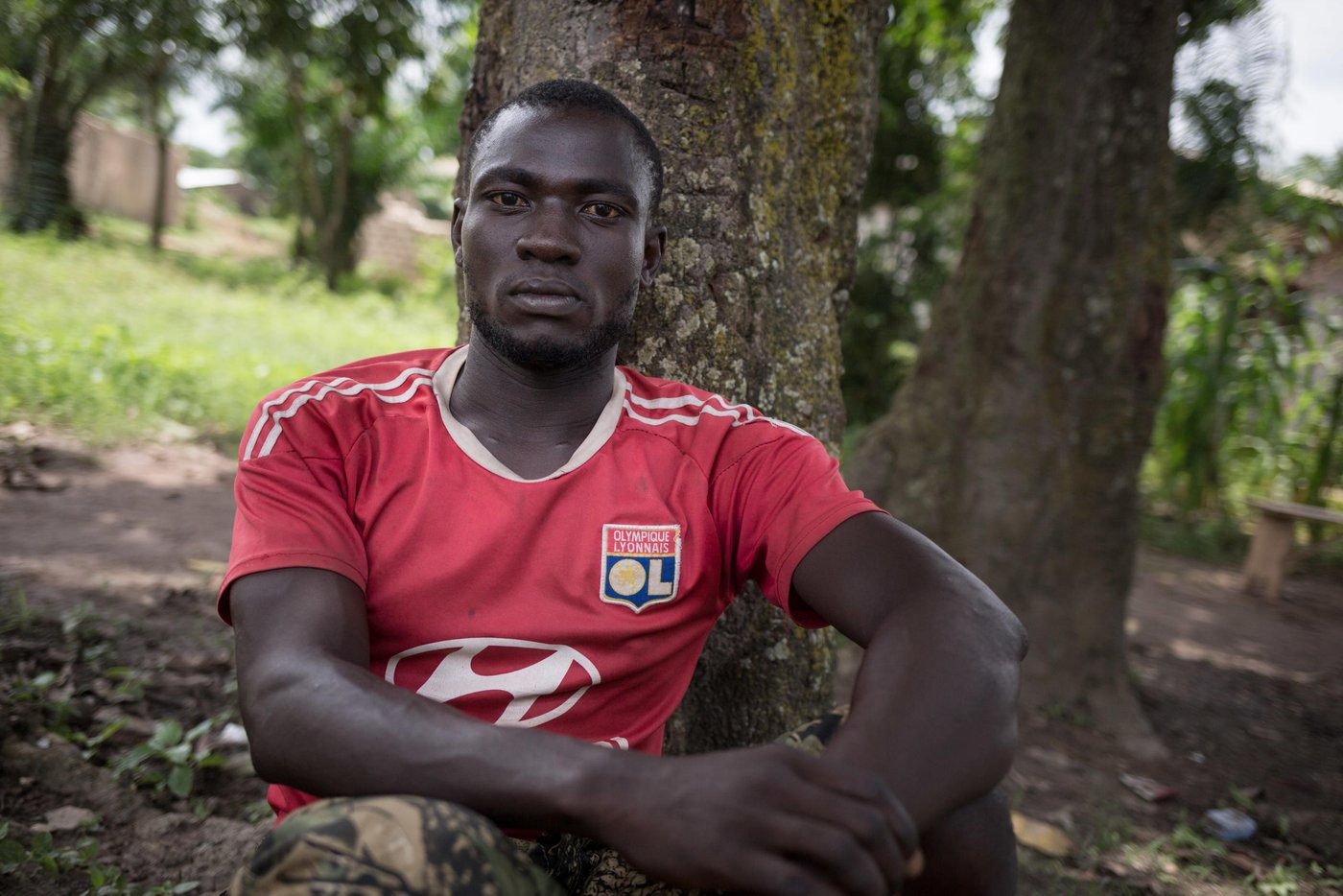
Violence out of control
Although the formal conflict has ended, and peaceful elections were held in 2016, the situation got worse in the following year, with a 70 per cent increase in internal displacement.
“In 2016 we were all thinking that it was the end of the crisis, but unfortunately, the situation has deteriorated,” says Batonon.
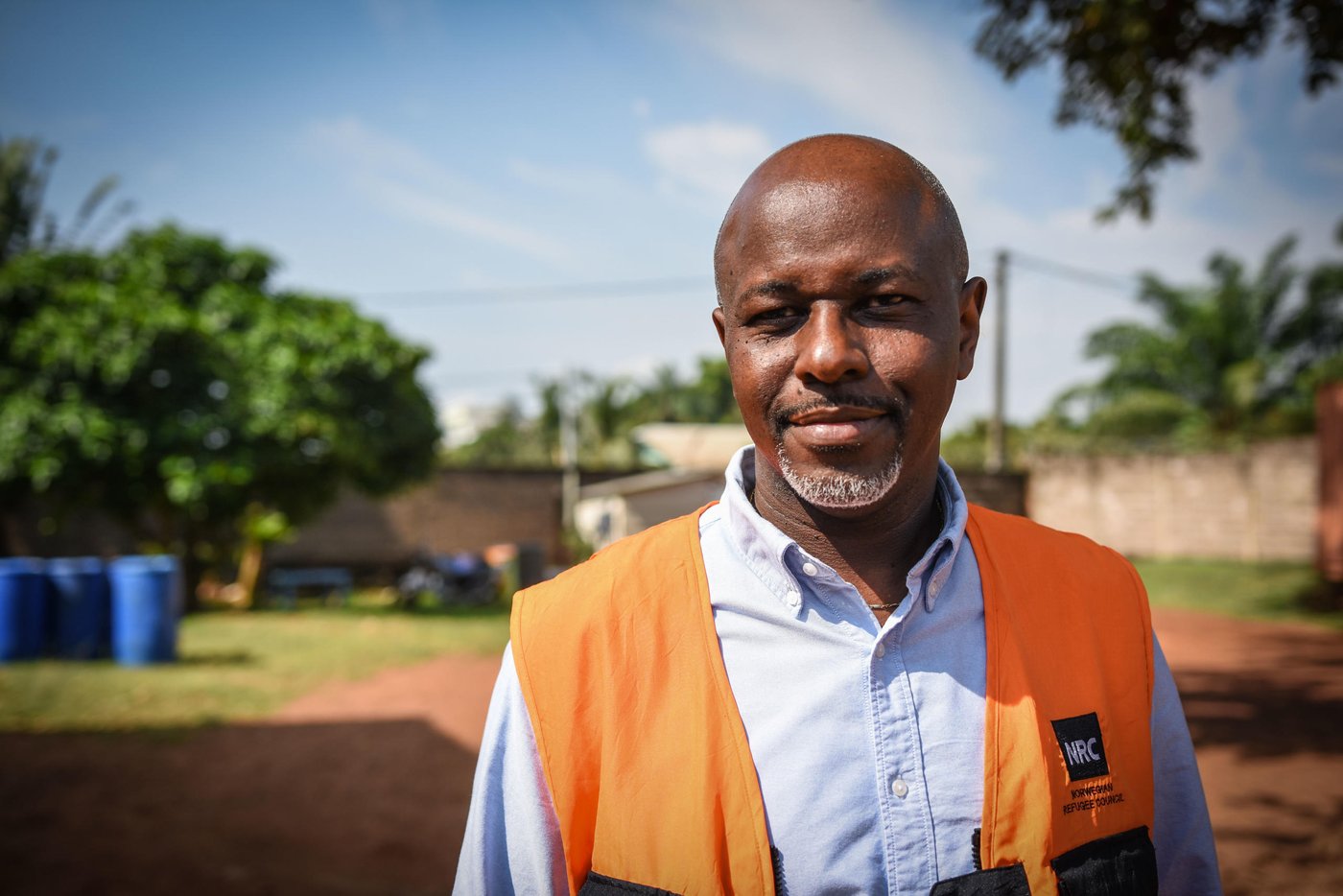
“People are fleeing clashes, but also fleeing to prevent being caught in the clashes,” Batonon says. In 2018, violent conflict between different armed groups and the government expanded to areas that were previously calm.
“Before, parts of the country were spared by this crisis, but these regions are now experiencing violence and falling under the control of armed groups,” Batonon explains.
A particularly concerning issue, says Batonon, is that armed leaders of non-state groups have diminishing control over their own men. “We have people with guns who use them as pressure tools to enrich themselves. This can make the situation even more unstable and increase the use of violence.”
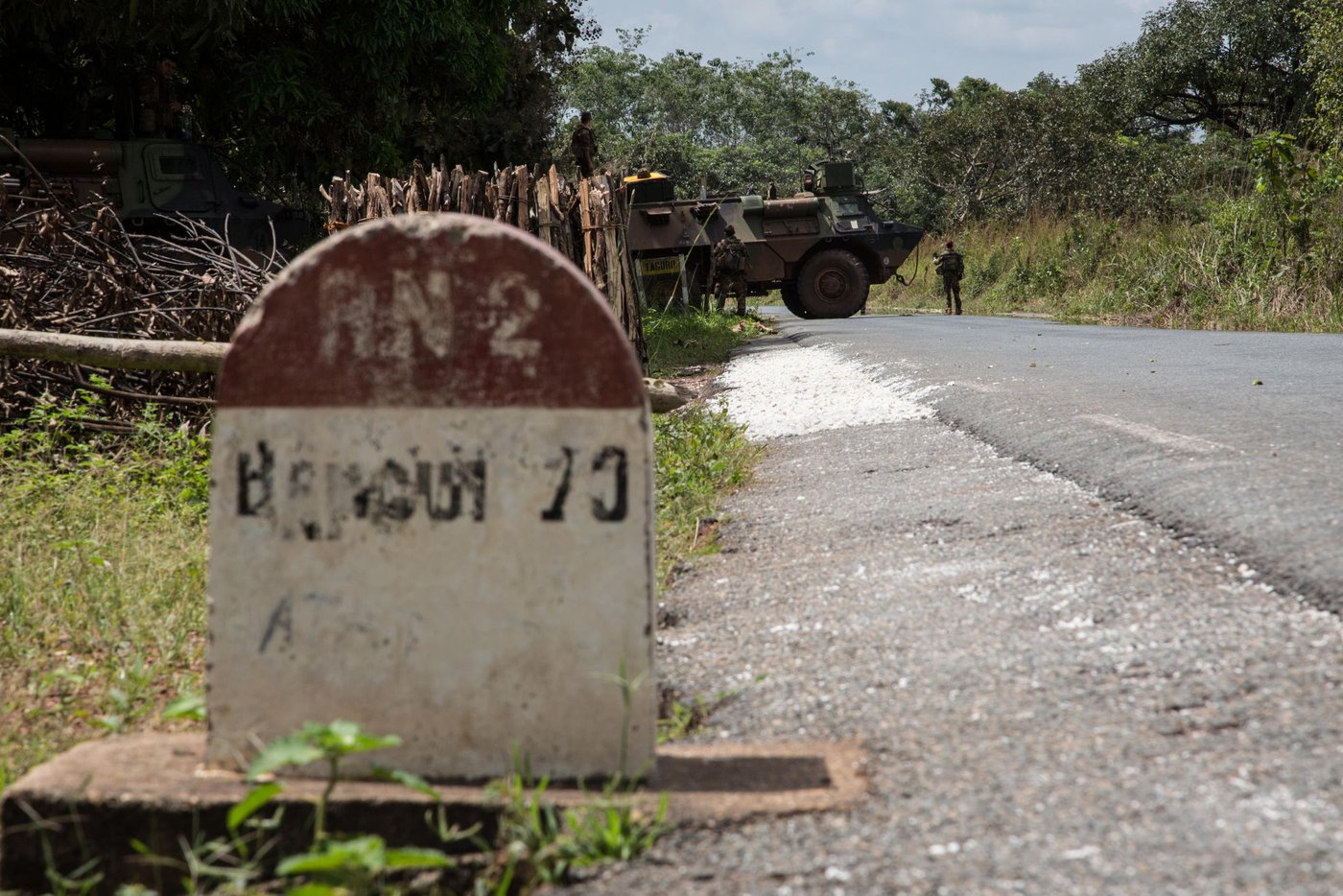
Forced to flee again and again
Per September, 620,000 people are internally displaced and over 570,000 refugees are living in the neighbouring countries.
People are not fleeing for the first time, but the second and third timeEric Batonon, Country director
People who are forced to flee find themselves lacking everything they need to survive, such as shelter and clean water:
“We don’t have access to anything,” deplores Angèle, mother of six. “We don’t have a house, my children are exposed to the elements and we’re all sharing one water source, which isn’t enough to fill the needs of everyone living in this area.”
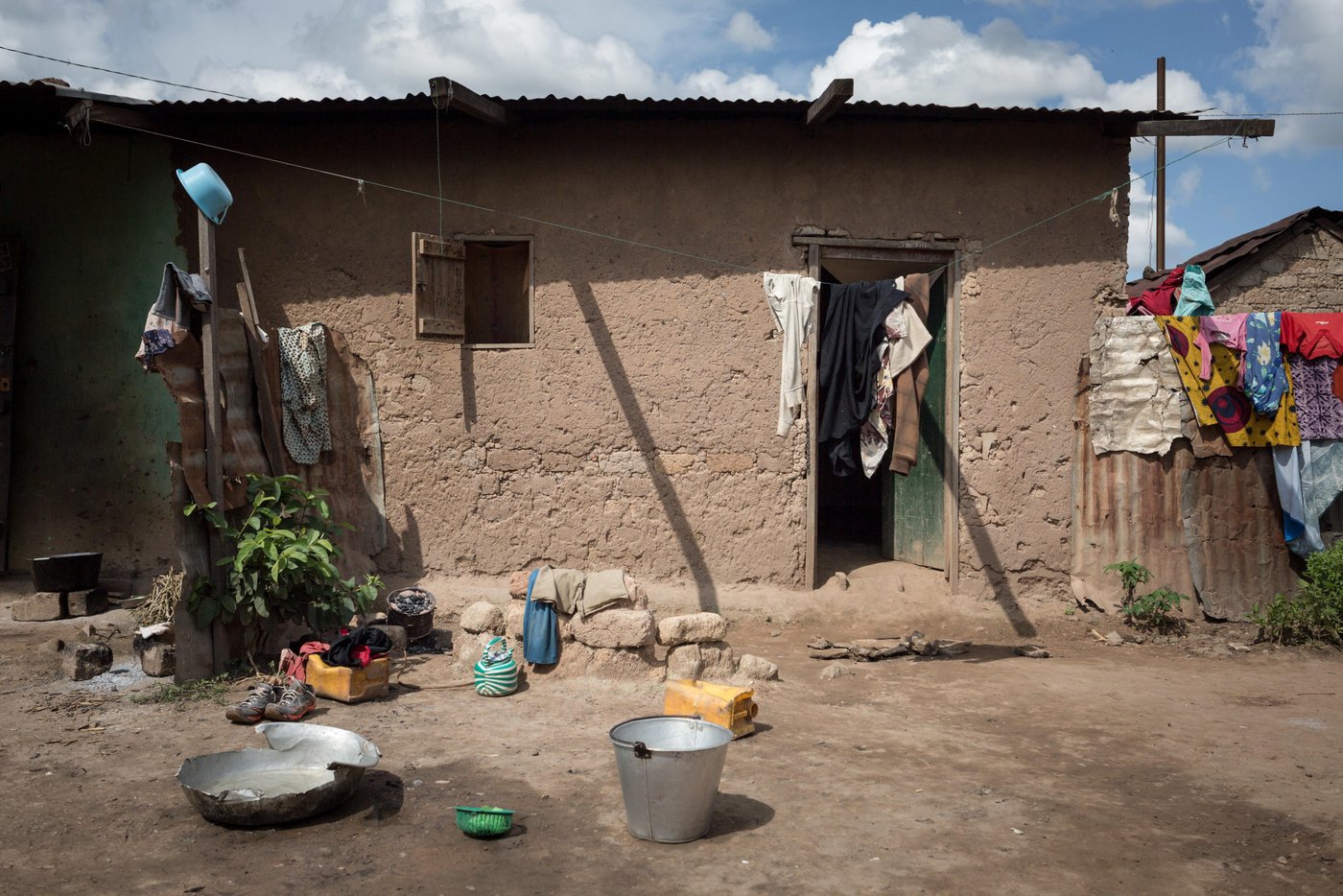
Attacking civilians and humanitarian workers
Civilian and humanitarian personnel are not spared by the violence. Humanitarian agencies are systematically targeted in CAR, explains Batonon. Since the beginning of 2018, nearly 300 attacks on aid agencies have been reported and seven humanitarian workers have been killed. In September alone, 19 robberies against humanitarian workers have occurred in the Kaga Bandoro area.
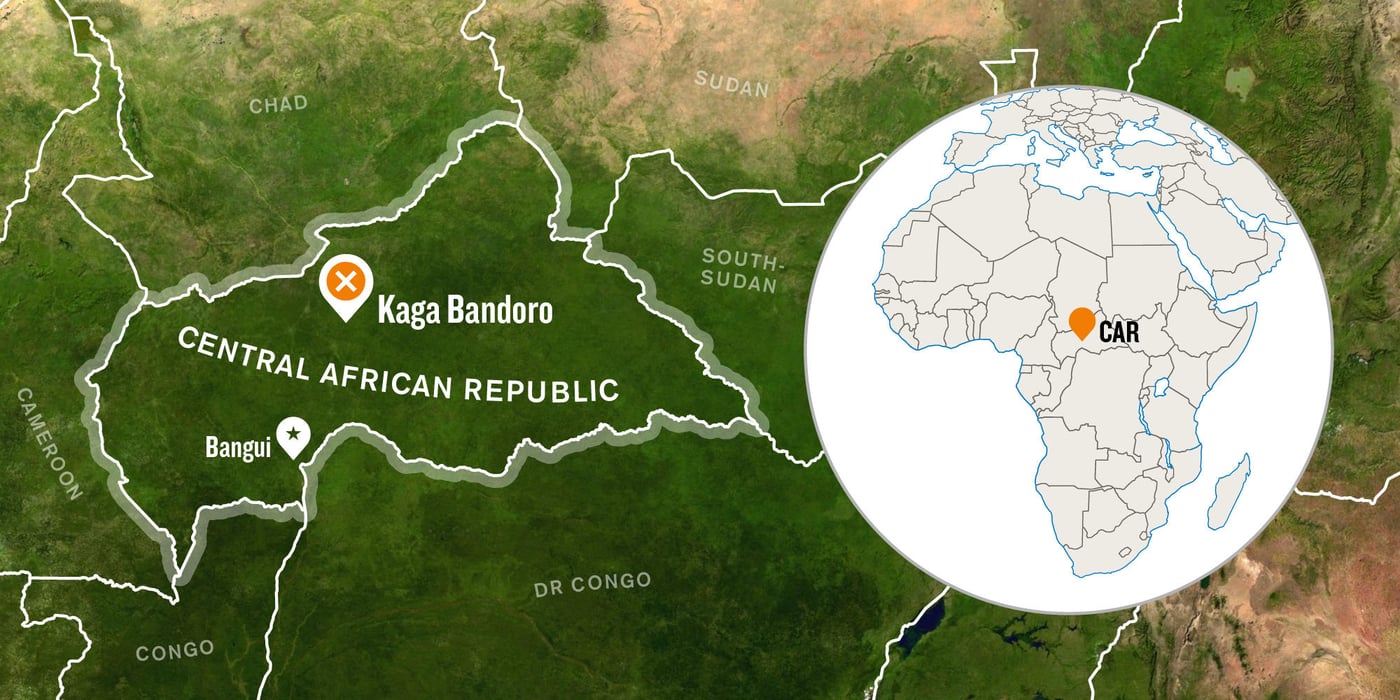
“Our goal is to be where people have needs, but at some point, we have to be careful and protect our colleagues,” Batonon says.
NRC suspended its activities for 24 hours in Kaga Bandoro in September in response to the attacks, even though the organisation had not yet been targeted by armed groups.
“We did it to raise the alarm and say that enough is enough,” Batonon says. “As humanitarian workers we are all working together.”
#CARcrisis statement:"Aid workers are targeted in the field, in their offices, &even in their homes. As long as attacks are met with silence, there will be no safety, so today we're interrupting operations in Kaga Bandoro to say 'Enough!”–Eric Batonon, NRC Country Director in CAR pic.twitter.com/BF6dpwV2VS
— NRC (@NRC_Norway) September 12, 2018
This time, the suspension was short-term. However, long-term cutting of humanitarian aid to the displaced areas has huge consequences for the people in need.
Neglected despite enormous needs
More than half of the country’s population, 2.5 million people, are in need of humanitarian assistance. In fact, CAR is among the conflicts with the highest needs compared to the total population. But CAR does not seem to be among the most ‘attractive’ crisis in the world, says Batonon. Despite enormous needs, just 35.7 per cent of the humanitarian response plan for 2018 has this far been funded.
Additionally, donors are more interested in funding humanitarian aid in the so-called hotspots areas with violent clashes, than in relatively calm areas. “If nothing is being done in those areas, they will also become hotspots,” warns Batonon. Half of the population are under 18 years old. “If nothing is being done to give motivation, objectives and ambitions to the youth, the situation will remain as it is for generations.”


